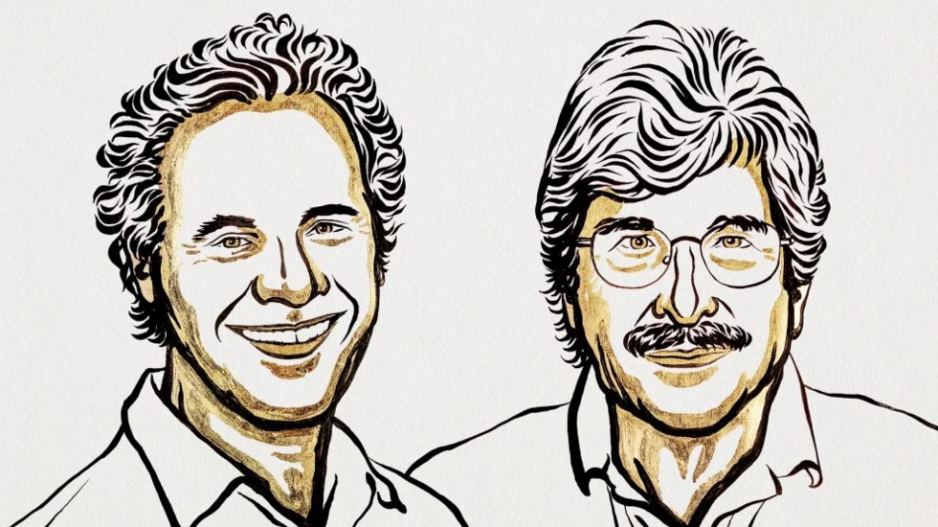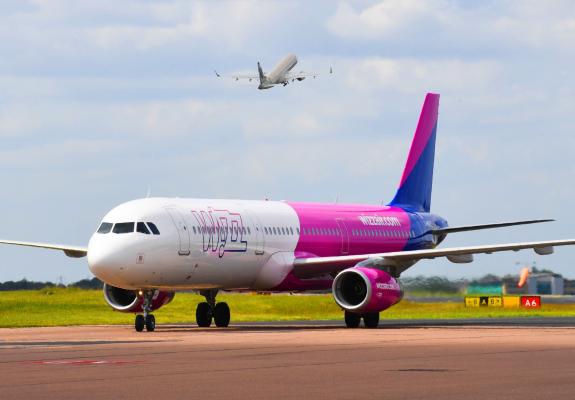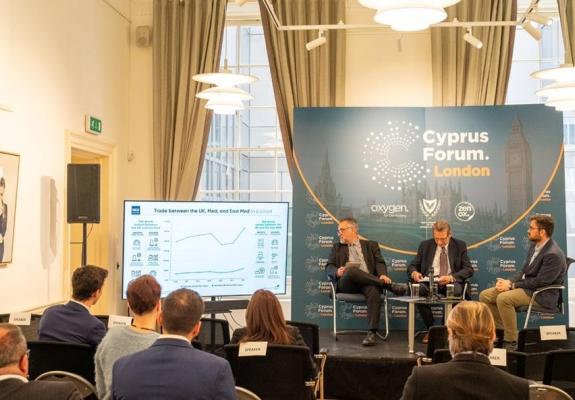American Scientists Awarded Nobel Prize in Medicine for microRNA Discovery
Groundbreaking Research in Gene Regulation Earns Ambros and Ruvkun the Nobel Prize
American scientists Victor Ambros and Gary Ruvkun have been awarded the Nobel Prize in Medicine for their discovery of microRNA, a new subdivision of RNA that plays a critical role in regulating gene activity.
“The Nobel Prize this year honors two scientists for discovering a fundamental principle governing the regulation of gene activity,” stated the Nobel Committee's announcement.
“Their revolutionary discovery revealed a completely new principle of gene expression regulation, which has proven to be vital for multicellular organisms, including humans,” the announcement continued.
According to the press release, microRNAs "are fundamental to the development and function of organisms."
Victor Ambros, 70, and Gary Ruvkun, 72, first published their discoveries in 1993, in separate papers, on a "new level of gene expression regulation," which has since proven to be of crucial importance.
Working collaboratively yet independently, they conducted research on a one-millimeter-long worm, C. elegans, to determine why and when cellular mutations occur.
“A disruption in gene regulation can lead to severe diseases such as cancer, diabetes, or autoimmunity. Therefore, understanding gene expression regulation has been a key area of study for decades,” the announcement further explained.
Last year, the Nobel Prize in Medicine was awarded to Hungarian researcher Katalin Karikó and her American colleague Drew Weissman for their work on messenger RNA vaccines, which played a pivotal role in combating Covid-19.
This year's Nobel Prize comes with a financial reward of 11 million kronor (920,000 euros), the highest in the history of the Nobel awards.
"It's huge! It's an earthquake!" exclaimed Gary Ruvkun on Sweden’s public radio SR, minutes after the Nobel Committee's announcement.
“The dog doesn’t understand why it’s the middle of the night and we’re running around the house,” he joked.
Due to the time difference, the Nobel Committee woke the 72-year-old biologist early in the morning, and he promised to attend the award ceremony in Stockholm on December 10 to celebrate.
"We’ve been to the Nobel ceremony many times. No one imagines that a group of scientists could be party people, but that's what we are," he added.
Victor Ambros, the other laureate, was similarly thrilled.
“Wow! It’s unbelievable! I didn’t know,” he told SR reporters.
Ambros, who expressed his excitement about sharing the Nobel with Ruvkun, said, “We made our discoveries independently in our labs, but both contributed to our understanding of microRNA."






